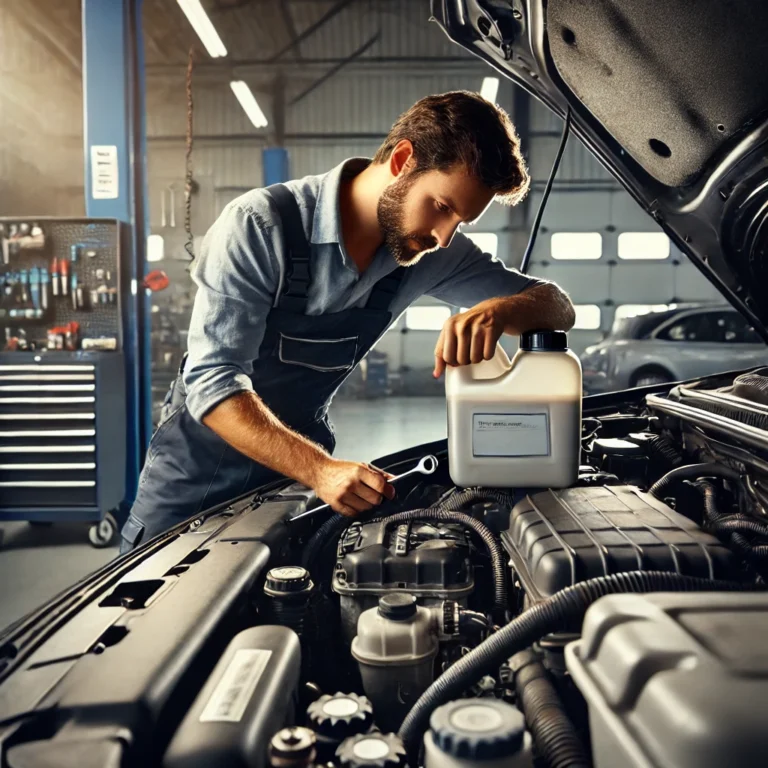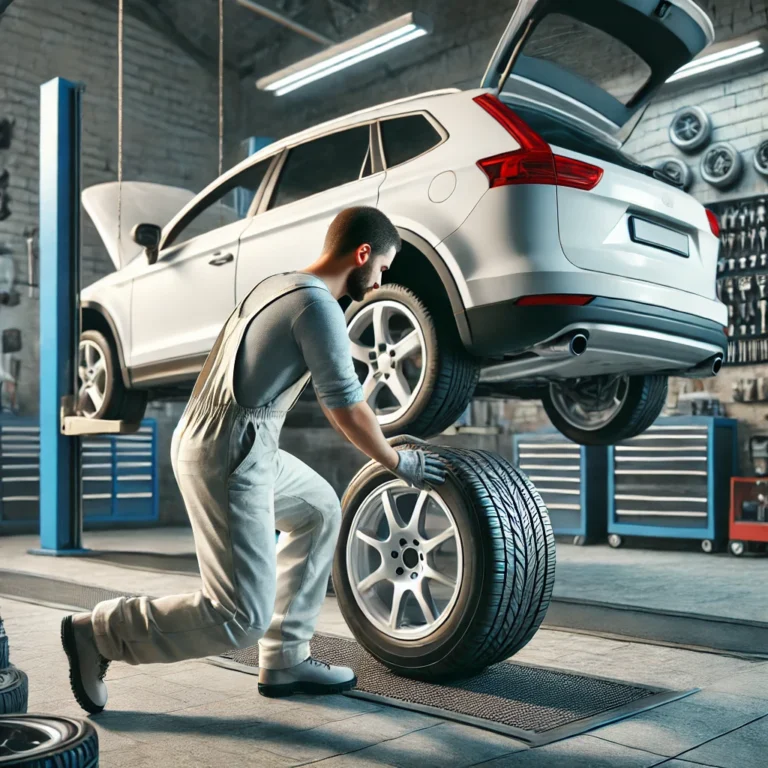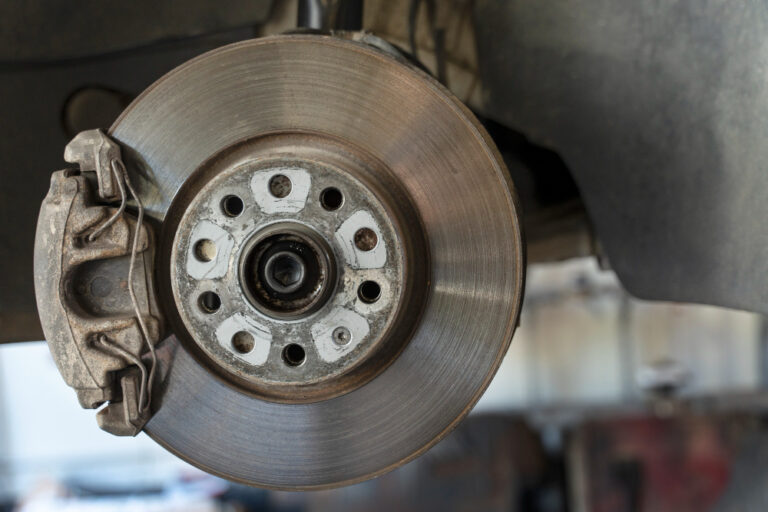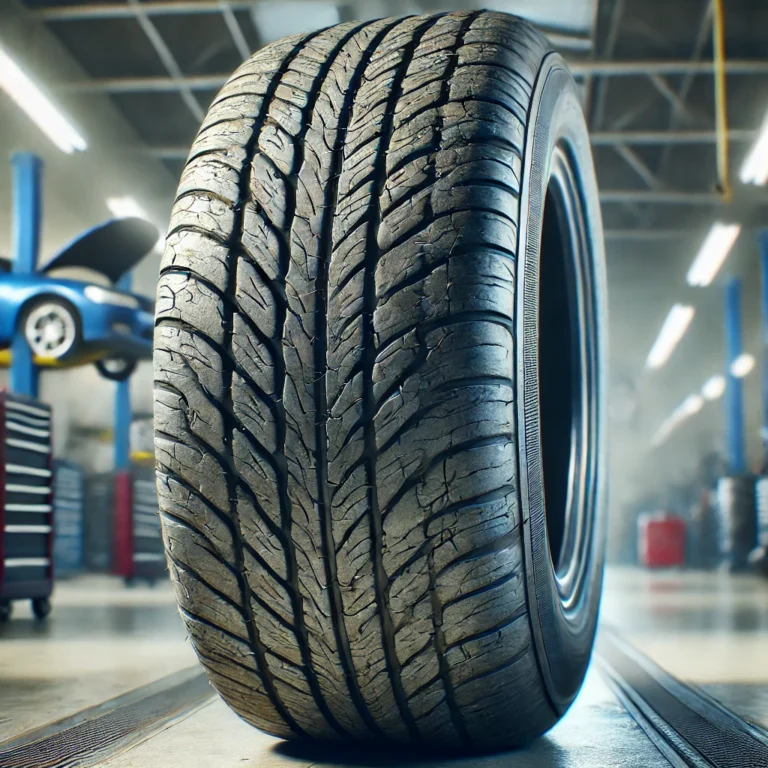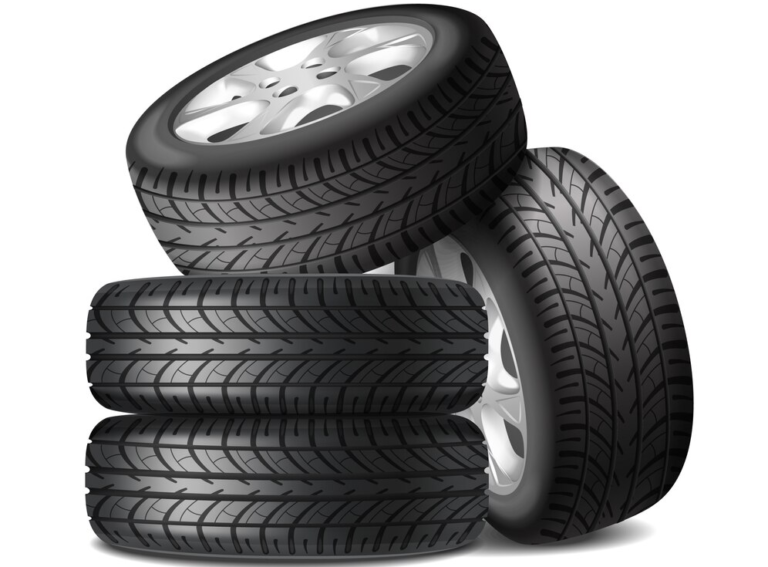Experiencing a squealing noise from your car can be both alarming and indicative of underlying issues that require attention. Such noises often signal problems within various vehicle systems, and addressing them promptly is crucial to maintain safety and prevent further damage. This comprehensive guide explores common causes of car squealing noises, their implications, and recommended solutions.
Common Causes of Car Squealing Noises
1. Worn or Loose Serpentine Belt
The serpentine belt, also known as the drive belt, powers essential components like the alternator, power steering pump, and air conditioning compressor. Over time, this belt can wear out, become loose, or misaligned, leading to a high-pitched squealing noise, especially during acceleration or when starting the engine.
Solution: Inspect the serpentine belt for signs of wear, such as cracks or fraying. If the belt appears damaged or loose, it should be replaced or adjusted by a qualified mechanic.
2. Faulty or Worn Brake Components
Squealing noises during braking often indicate issues with the brake system. Common culprits include:
- Worn Brake Pads: Most brake pads have wear indicators that emit a squealing sound when the pads are near the end of their lifespan.
- Glazed Brake Pads or Rotors: Overheating can cause the brake pads or rotors to glaze, resulting in a squealing noise during braking.
- Lack of Lubrication: Insufficient lubrication on brake components can lead to squeaking sounds.
Solution: Have the brake system inspected by a professional. Depending on the issue, this may involve replacing brake pads, resurfacing or replacing rotors, and ensuring all components are properly lubricated.
3. Malfunctioning Power Steering System
A squealing noise when turning the steering wheel can indicate problems within the power steering system, such as:
- Low or Contaminated Power Steering Fluid: Insufficient or dirty fluid can cause the power steering pump to make noise.
- Worn Power Steering Belt: A loose or worn belt can slip, leading to squealing sounds during steering.
Solution: Check the power steering fluid level and top it off if necessary. If the fluid is contaminated, a flush and replacement may be required. Inspect the power steering belt for wear and replace it if needed.
4. Issues with the Alternator
The alternator charges the battery and powers electrical systems while the engine runs. A failing alternator or its bearings can produce a squealing noise.
Solution: Have the alternator and its components inspected. If the alternator is failing, it should be replaced to prevent battery drain and electrical failures.
5. Worn or Misaligned Timing Belt
The timing belt synchronizes the engine’s camshaft and crankshaft. A worn or misaligned timing belt can cause a squealing noise, particularly during acceleration.
Solution: Inspect the timing belt for signs of wear or misalignment. If issues are found, the timing belt should be replaced promptly to avoid engine damage.
6. Faulty Water Pump
The water pump circulates coolant through the engine. A failing water pump or its bearings can produce a squealing noise and may lead to engine overheating.
Solution: If the water pump is determined to be the source of the noise, it should be replaced to maintain proper engine cooling.
7. Worn Wheel Bearings
A squealing or grinding noise that increases with vehicle speed may indicate worn wheel bearings. This issue can affect vehicle handling and safety.
Solution: Have the wheel bearings inspected and replaced if necessary to ensure safe vehicle operation.
8. Tire Issues
Underinflated, overinflated, or misaligned tires can cause squealing noises, especially during turns.
Solution: Regularly check tire pressure and ensure it matches the manufacturer’s specifications. Have the tires aligned and balanced as needed.
Importance of Addressing Squealing Noises Promptly
Ignoring squealing noises can lead to more severe issues, including:
- Increased Repair Costs: Minor problems can escalate into major repairs if not addressed promptly.
- Safety Hazards: Faulty brakes, steering, or other critical components can compromise vehicle safety.
- Reduced Vehicle Performance: Issues like worn belts or bearings can affect engine performance and fuel efficiency.
Preventive Measures
To minimize the occurrence of squealing noises:
- Regular Maintenance: Adhere to the manufacturer’s recommended maintenance schedule, including inspections and replacements of belts, brakes, and other components.
- Prompt Attention to Unusual Noises: Address any unusual sounds immediately to prevent further damage.
- Use Quality Parts: Opt for high-quality replacement parts to ensure longevity and proper function.
Conclusion
Squealing noises in your car are warning signs that should not be ignored. By understanding the potential causes and seeking timely professional assistance, you can maintain your vehicle’s performance, safety, and longevity. Regular maintenance and attentive driving are key to preventing and addressing these issues effectively.



